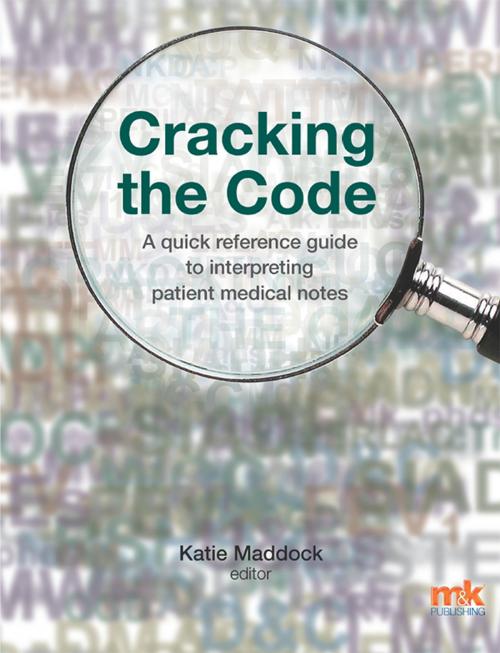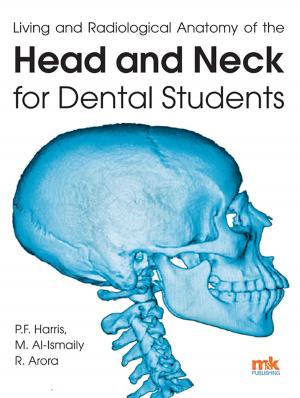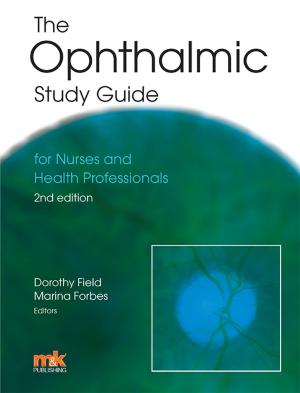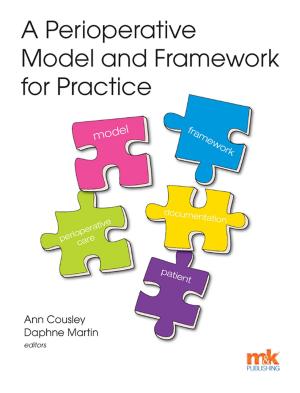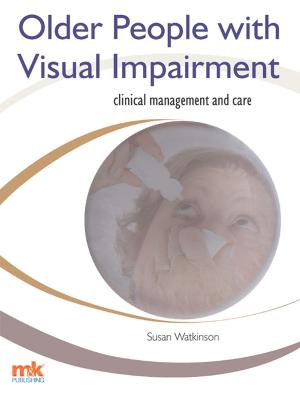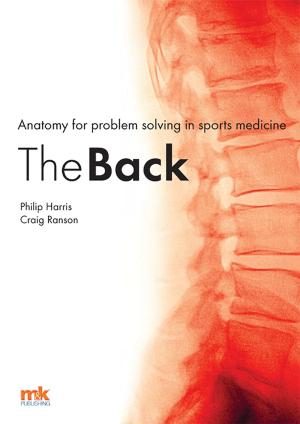Cracking the Code: A quick reference guide to interpreting patient medical notes
Nonfiction, Health & Well Being, Medical, Patient Care, Medical History & Records, Biography & Memoir| Author: | Dr Katie Maddock | ISBN: | 9781907830945 |
| Publisher: | M&K Update Ltd | Publication: | April 24, 2015 |
| Imprint: | M&K Publishing | Language: | English |
| Author: | Dr Katie Maddock |
| ISBN: | 9781907830945 |
| Publisher: | M&K Update Ltd |
| Publication: | April 24, 2015 |
| Imprint: | M&K Publishing |
| Language: | English |
Cracking the Code covers the basics of the contents of patients’ medical notes from a review of physiological systems to the interpretation of tests and investigations commonly ordered for patients. Common medical terminology used in a review of physiological systems is briefly explained. Commonly encountered investigative procedures are defined and their use explained. Medical laboratory tests are similarly explored. Much of this book concentrates upon the secondary care environment because this remains the main setting in which healthcare professionals have free and open access to patient medical notes. However the expanding roles of healthcare professionals in the primary care sector mean that all practitioners need to be able to unlock the code. It is hoped that this book will therefore be of use not only to the undergraduate pharmacy students for whom it was originally developed, but also to other healthcare professionals who access patient medical notes on a routine basis.
Cracking the Code covers the basics of the contents of patients’ medical notes from a review of physiological systems to the interpretation of tests and investigations commonly ordered for patients. Common medical terminology used in a review of physiological systems is briefly explained. Commonly encountered investigative procedures are defined and their use explained. Medical laboratory tests are similarly explored. Much of this book concentrates upon the secondary care environment because this remains the main setting in which healthcare professionals have free and open access to patient medical notes. However the expanding roles of healthcare professionals in the primary care sector mean that all practitioners need to be able to unlock the code. It is hoped that this book will therefore be of use not only to the undergraduate pharmacy students for whom it was originally developed, but also to other healthcare professionals who access patient medical notes on a routine basis.
